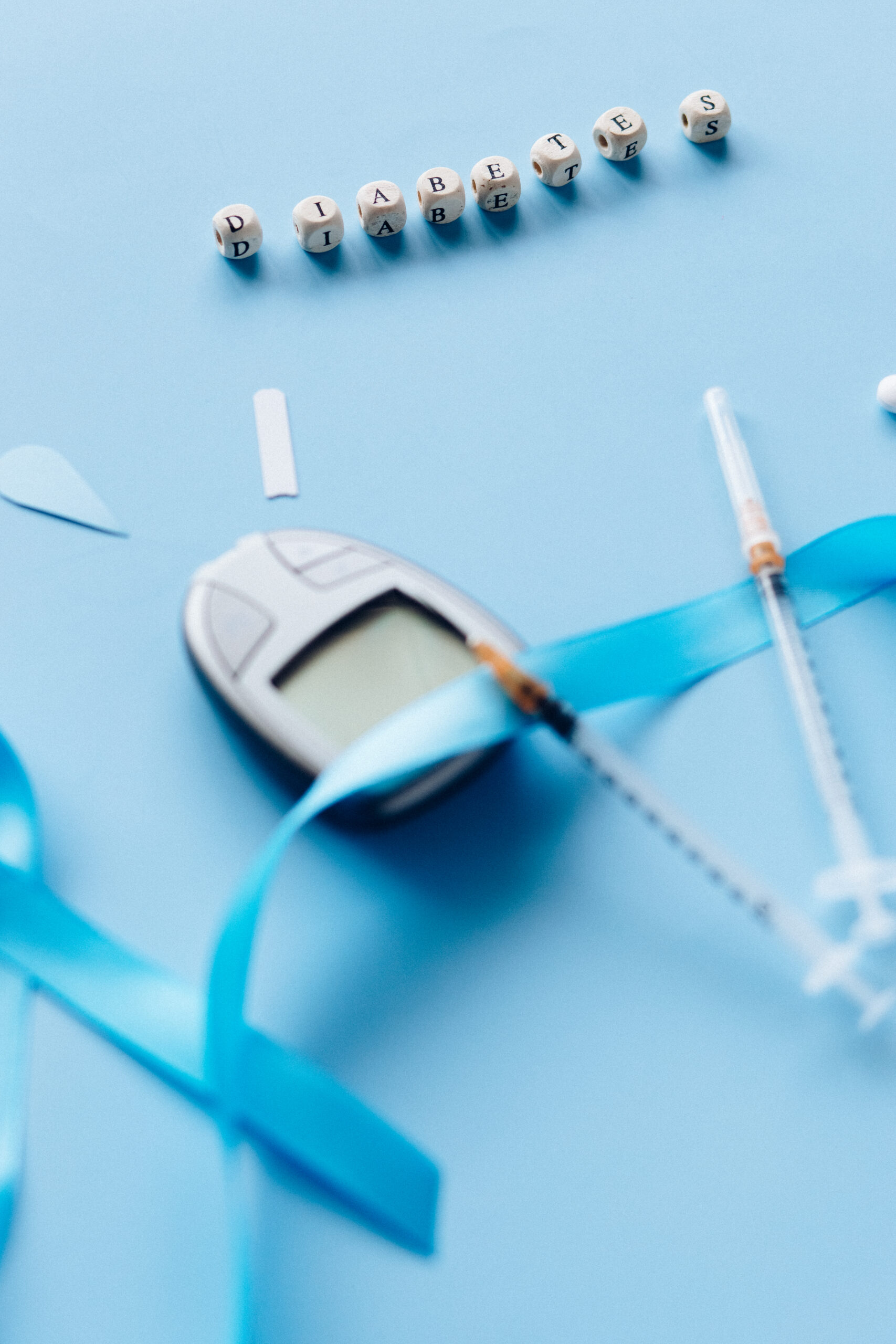Are there any alternatives to insulin for diabetes treatment?
Title: Exploring Alternatives to Insulin for Diabetes Treatment
Introduction:Diabetes, a chronic condition affecting millions worldwide, requires consistent management to maintain healthy blood sugar levels. Traditionally, insulin has been the cornerstone of diabetes treatment. However, with advancements in medical science, alternative treatment options have emerged, offering hope and potential relief to those seeking an alternative to insulin. In this blog, we will delve into some of these alternatives, their efficacy, and considerations for individuals with diabetes.
1. Lifestyle Modifications:A significant part of diabetes management involves making healthy lifestyle choices. A balanced diet, regular exercise, stress reduction, and adequate sleep can contribute to improved glycemic control. By adopting a healthier lifestyle, individuals may experience better blood sugar regulation and reduce their reliance on insulin or other medications.
2. Oral Medications:Several oral medications, known as antidiabetic drugs, are available to assist in managing diabetes. These medications work by various mechanisms, such as promoting insulin release, reducing glucose production, or enhancing insulin sensitivity. While they may not completely replace the need for insulin in some cases, they can be an effective adjunct therapy or sometimes serve as the primary treatment option for those with type 2 diabetes.
3. GLP-1 Receptor Agonists:GLP-1 (glucagon-like peptide-1) receptor agonists are injectable medications that work by stimulating the pancreas to produce insulin when blood sugar levels rise. These drugs can help regulate glucose levels, promote weight loss, and reduce the risk of cardiovascular complications. They are commonly prescribed as an alternative to insulin or in combination with it, depending on an individual’s needs.
4. SGLT-2 Inhibitors:Sodium-glucose cotransporter-2 (SGLT-2) inhibitors are another class of oral medications that lower blood glucose levels by preventing the kidneys from reabsorbing glucose, leading to its excretion through urine. These medications promote weight loss, reduce blood pressure, and have demonstrated cardiovascular benefits. SGLT-2 inhibitors are prescribed for people with type 2 diabetes either as monotherapy or in conjunction with other antidiabetic medications.
5. Pancreatic Islet Transplantation:In select cases, individuals with type 1 diabetes may be candidates for pancreatic islet transplantation. This procedure involves transplanting insulin-producing cells (islets) from a donor pancreas into the recipient’s liver. Although still considered an experimental treatment, successful islet transplantation can potentially provide long-term glycemic control without requiring insulin injections.
Conclusion:While insulin remains the primary treatment for diabetes, these alternatives offer promising options that may complement or replace insulin therapy for certain individuals. It’s important to note that every person’s diabetes management plan should be tailored to their specific needs and in consultation with healthcare professionals. Lifestyle modifications, oral medications, GLP-1 receptor agonists, SGLT-2 inhibitors, and pancreatic islet transplantation each have their unique advantages and considerations, which should be thoroughly discussed with a healthcare provider. By exploring these alternatives, we can strive to improve the quality of life for individuals living with diabetes. Remember, effective diabetes management goes beyond insulin alone, and with the right approach, one can navigate the journey towards a healthier future.




I don’t think the title of your article matches the content lol. Just kidding, mainly because I had some doubts after reading the article.
Your article helped me a lot, is there any more related content? Thanks!
Great! Thank you so much for sharing this. Visit my websitee: free stresser